Cats, those enigmatic and independent creatures, often have a reputation for being aloof. Yet, beneath their serene exterior, lies a world of sensitivities. While dog lovers may cherish the unwavering loyalty of their canine companions, cat enthusiasts know their feline friends have their own unique quirks. Here, we explore 13 human behaviors that cats just can’t tolerate. Learning about these can enhance our bond with these fascinating animals.
Loud Noises Send Them Running
Cats have incredibly sensitive hearing, which is both a gift and a curse. While this acute sense helps them detect the faintest rustle of a mouse, it also makes them susceptible to the cacophony of human life. Imagine sitting peacefully when suddenly, a loud bang disrupts your tranquility. That’s how your cat feels when fireworks go off or when the vacuum cleaner roars to life. To them, it’s as if a thunderstorm is erupting in their living room. It’s no wonder they dart under the bed or seek refuge in a closet.
Unpredictable Movements Are a No-Go
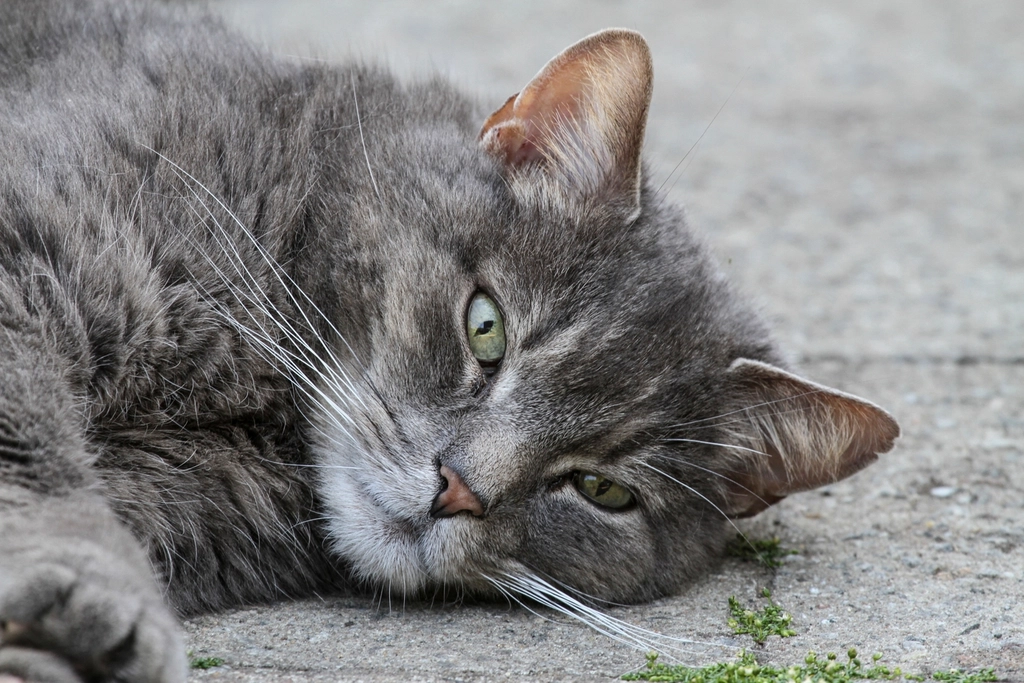
Cats are creatures of habit. They thrive on routine and predictability. When humans start moving erratically or unpredictably, it can throw a cat off balance. Think of it as suddenly finding yourself in a dance class with no prior warning. You’d be confused and perhaps a little scared. Cats, too, feel this way when people make sudden gestures, wave their arms wildly, or engage in spontaneous activities around them. To keep cats comfortable, maintaining a calm and consistent environment is key.
Strong Scents Overwhelm Their Senses
Cats have a keen sense of smell, much like their canine counterparts. However, while dogs may revel in the earthy aroma of the outside world, cats find strong artificial odors overwhelming. Perfumes, cleaning agents, and even certain foods can be too intense for their delicate noses. Imagine walking into a room filled with overpowering incense smoke; it might make you want to escape. For cats, strong scents can be just as off-putting, urging them to seek fresher air.
Invasion of Personal Space is Unacceptable
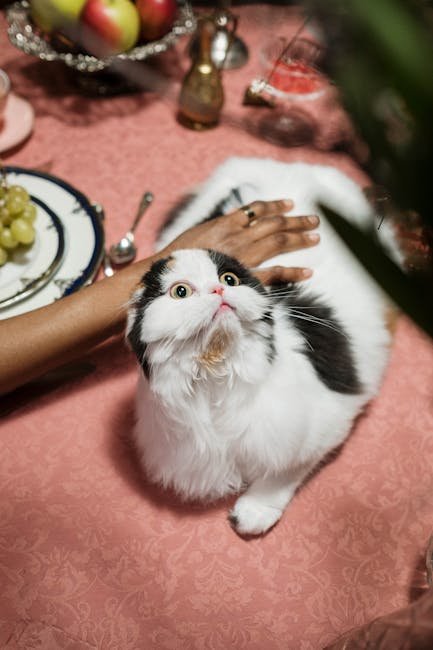
While some cats are more affectionate than others, many value their personal space. Imagine someone you barely know invading your personal bubble. It’s uncomfortable, isn’t it? Cats feel similarly when humans ignore their boundaries. Some might enjoy a gentle pat, while others prefer admiration from afar. Respecting their space ensures they feel safe and secure in their environment.
Unfamiliar Guests Can Be Stressful
Cats are territorial creatures. Introducing unfamiliar people into their domain can be stressful for them. It’s akin to having strangers suddenly appear in your home, disrupting your routine. While some cats may be curious and approach new guests, others might hide or become anxious. If you’re hosting, it’s wise to give your feline friend a quiet space where they can retreat and feel secure.
Forced Interactions Aren’t Welcomed
Unlike dogs, who often revel in human interaction, cats prefer to dictate the terms of their social engagements. Forcing a cat to interact when they’re not in the mood can lead to stress and anxiety. Imagine being pulled into a conversation when you’re not feeling sociable. Cats appreciate being approached gently and given the choice to engage or retreat. This respect for their autonomy can foster a more trusting relationship.
Changes in Routine Cause Distress
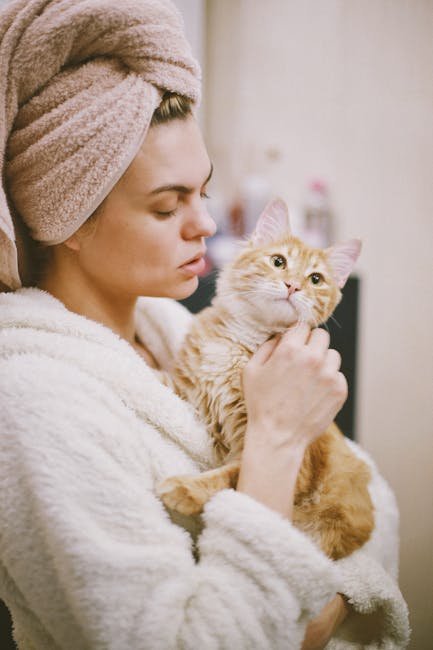
Cats thrive on routine. A consistent schedule provides them with a sense of security. Sudden changes, whether it’s a new feeding time or an altered living arrangement, can be unsettling. It’s like showing up to work and finding out your role has completely changed overnight. To minimize stress for your cat, introduce changes gradually and maintain as much consistency as possible in their daily routine.
Ignoring Their Communication Attempts
Cats are communicative creatures, though their language might be subtle. They use a combination of vocalizations, body language, and facial expressions to convey their needs. When humans overlook these signals, it can lead to frustration. Imagine trying to convey a message to someone only to be ignored. Cats, too, appreciate when their attempts at communication are acknowledged and addressed.
Rough Play is Off-Putting
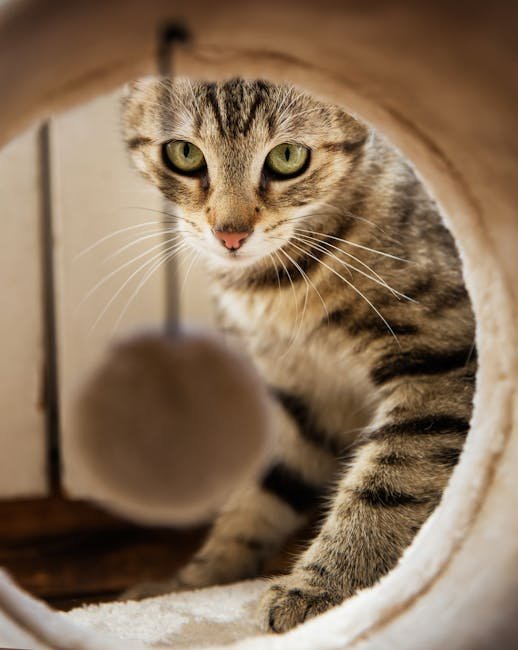
While some cats enjoy a bit of playful roughhousing, many find it overwhelming. Cats, unlike dogs, are more delicate in their play habits. Engaging in rough play can be akin to someone playing a game with you that turns overly aggressive. It’s important to respect their boundaries and engage in play that’s appropriate for their comfort level.
Lack of Stimulation Leads to Boredom
Cats are intelligent creatures that require mental and physical stimulation. A lack of engagement can lead to boredom and even behavioral problems. It’s like sitting in a room with nothing to do for hours on end. Providing toys, interactive games, and opportunities for exploration can keep your feline friend entertained and happy.
Ignoring Litter Box Hygiene
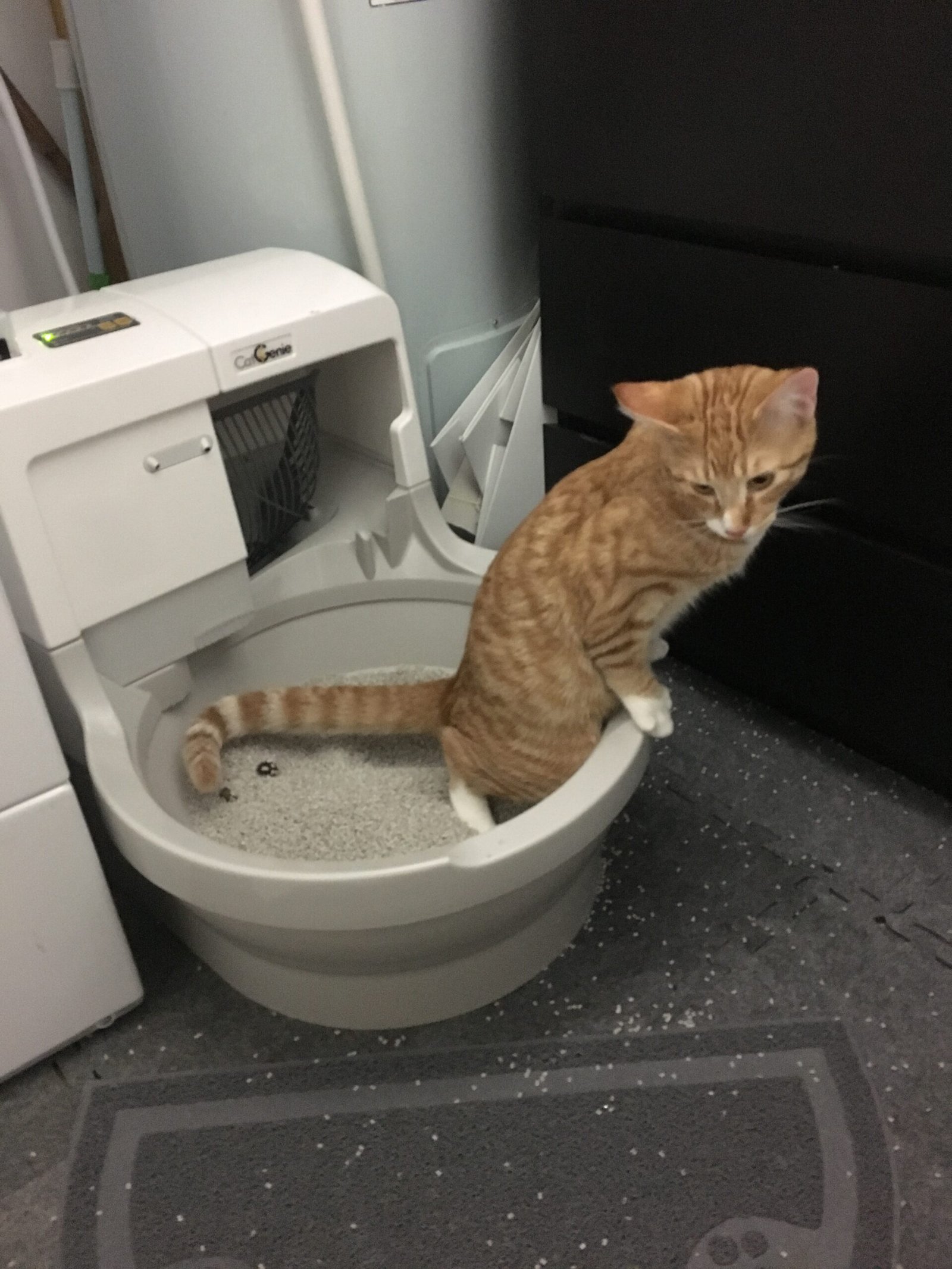
Cats are fastidious animals, and they place a high value on cleanliness. A dirty litter box is akin to using an unkempt public restroom. It’s unpleasant and can lead to avoidance behaviors. Regular cleaning and maintenance of their litter environment are essential for their comfort and health.
Overstimulation from Excessive Petting
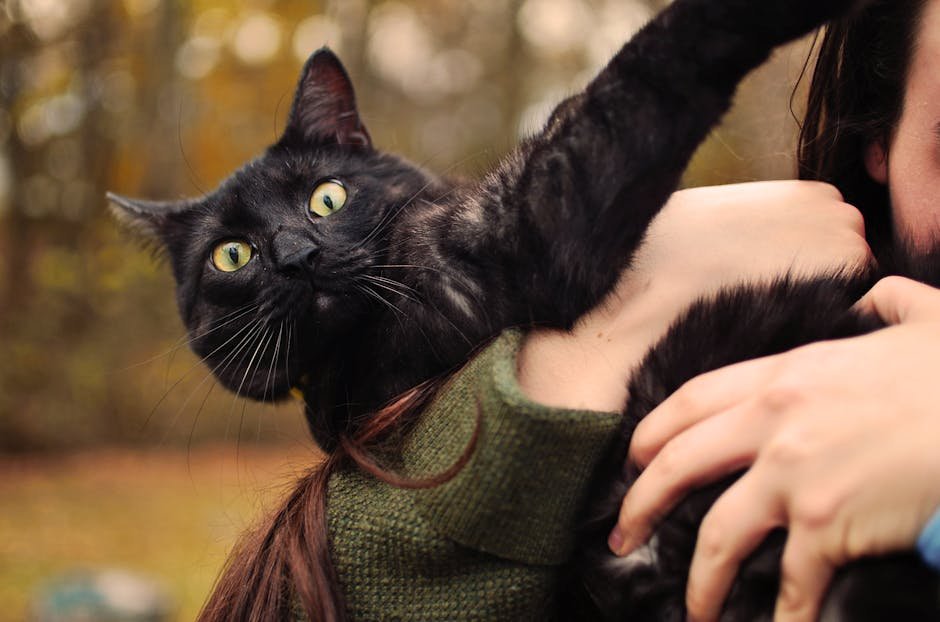
While petting can be a bonding experience, excessive or inappropriate petting can lead to overstimulation. Cats have areas where they enjoy being petted and others where they prefer not to be touched. It’s similar to someone touching your arm repeatedly when you’d rather they didn’t. Understanding your cat’s preferences can prevent discomfort and maintain a positive interaction.
Ignoring Their Need for Solitude
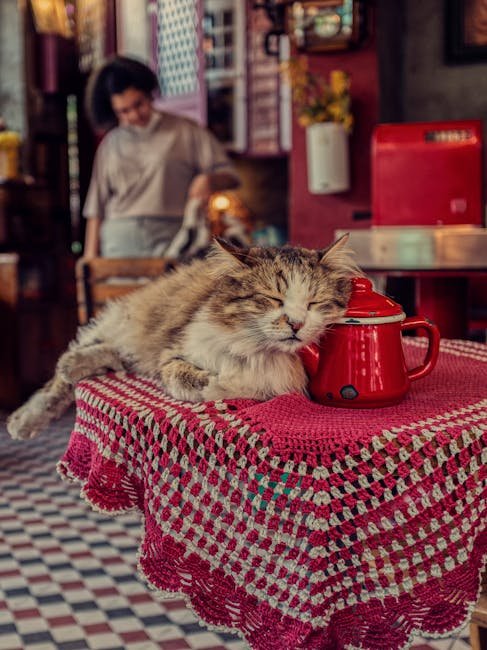
Even the most sociable cats need their alone time. Solitude allows them to recharge and feel safe. It’s like needing a quiet moment after a long day of socializing. Providing your cat with a space where they can retreat undisturbed ensures they have the opportunity to relax and unwind.
Understanding these sensitivities can help us create a more harmonious environment for our feline friends. After all, respecting their boundaries and acknowledging their unique preferences can deepen the bond between humans and cats, making our homes a sanctuary for both parties.
Source: 15 Things Cats Absolutely Hate

Linnea is a born and bred Swede but spends as much time as possible in Cape Town, South Africa. This is mainly due to Cape Town’s extraordinary scenery, wildlife, and atmosphere (in other words, because Cape Town is heaven on earth.) That being said, Sweden’s majestic forests forever hold a special place in her heart. Linnea spends as much time as she can close to the ocean collecting sea shells or in the park admiring puppies.






